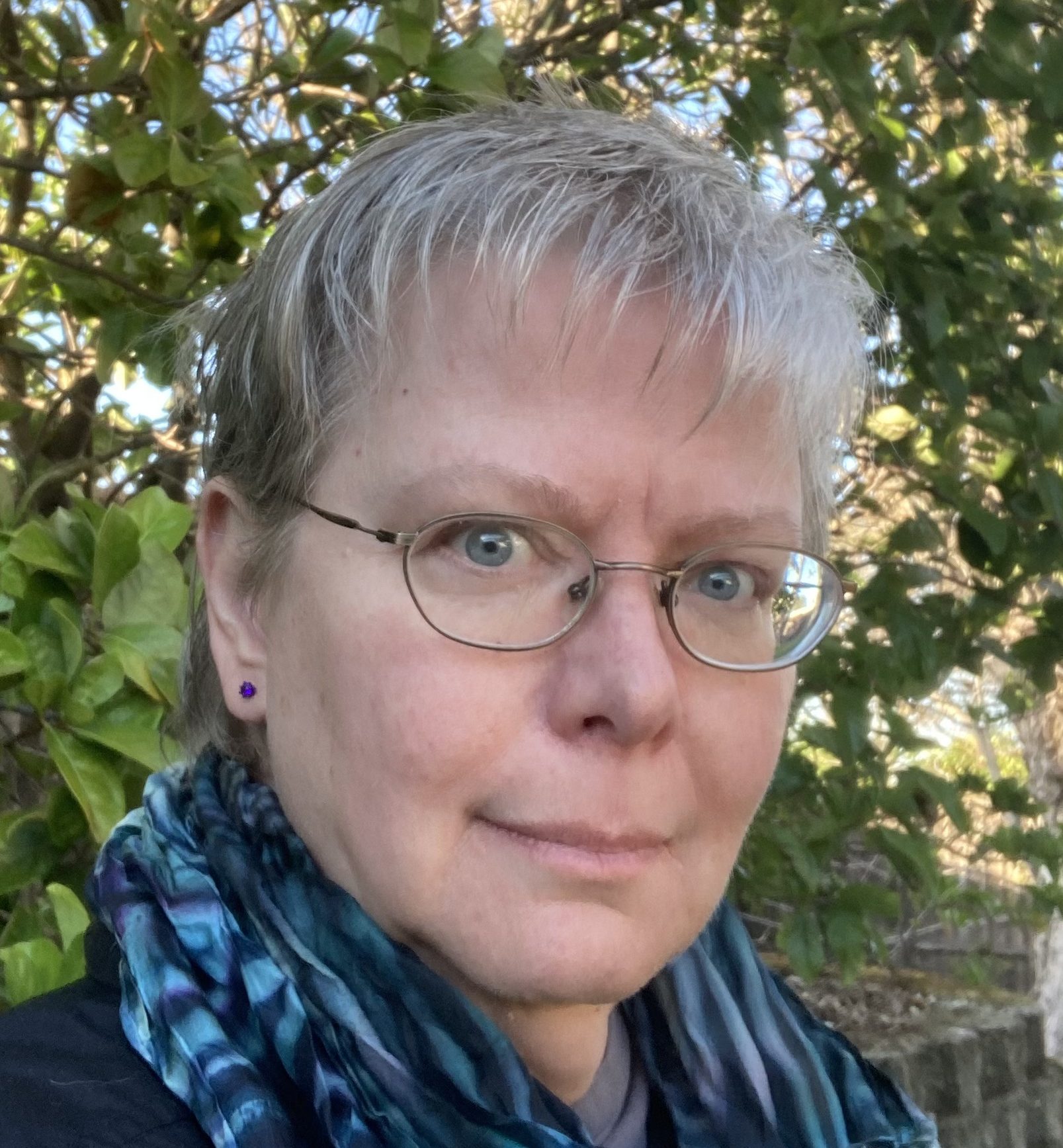“Safe space” is a concept these days, and I’m for it. But is there really such a thing as a safe space for me?
I’ve been struggling lately with the fact (as I’ve mentioned) that I no longer feel safe talking about any kind of physical or mental health issue with some people. From now on, when certain people greet me and ask how I’m doing, I am in perfect health and having a good day. Like a gazelle in a herd, I must not show weakness or injury lest I be targeted by wolves.
“But wait,” I interrupt myself, “isn’t it important to be authentic about your issues? Might you be missing an opportunity to be helpful to someone?” Well, I don’t put up shields lightly. This is a case where I’ve shared my truth several times and had it discounted.
So that’s become a space that is safe for me to talk about writing, but not other things. There are spaces where I can talk about addiction, but too much talk of psych treatment might get me rejected. There are therapy spaces where I can talk about mental health, but have to hold back on talking about my writing lest I be accused of intellectualizing.
Sometimes being unsafe is the right thing to do, of course. Sharing honestly in a recovery meeting may help someone feel less alone, so it can be worth consequences to me. I have to weigh the risks and benefits and make a choice about how transparent to be.
The book in progress, of course, represents a choice to be extremely transparent. It’s possible to do because I can tell myself that no matter how many “unsafe” places it ends up, it has a good chance of also reaching places where it could help someone else feel a little safer. A little more seen.

You may find, as I have, that the kind of transparency required to write memoir gets kind of addictive. I’ve been an emotional exhibitionist for decades.